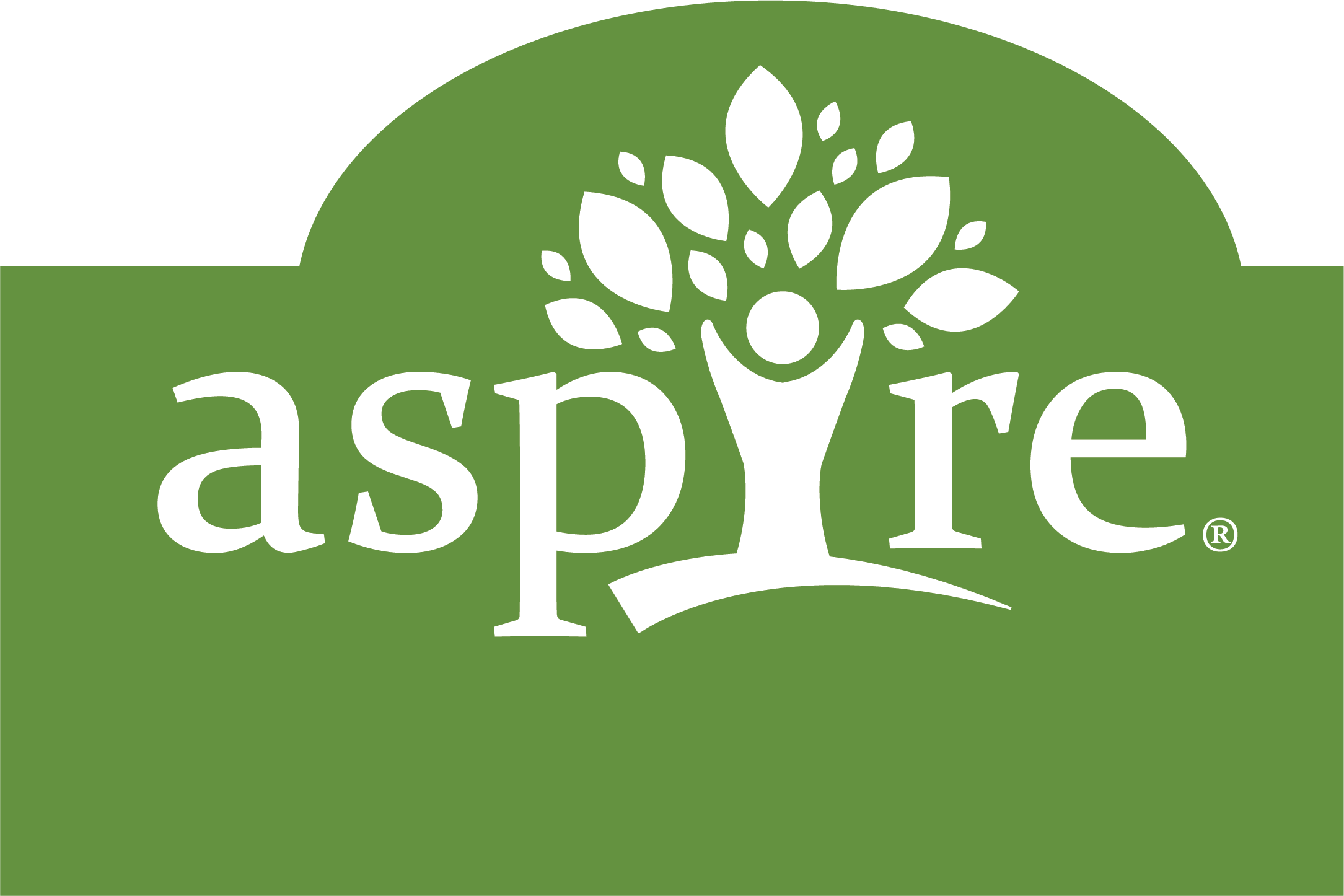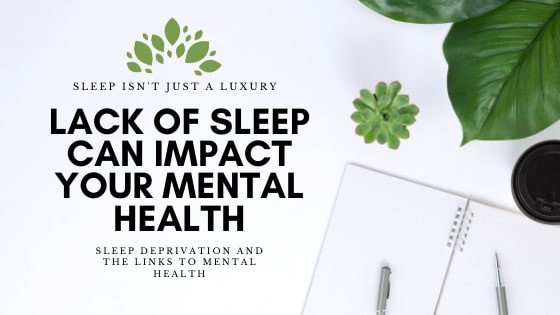Sleep isn’t just a luxury; it is a necessity. According to the U.S. Department of Health and Human Services, approximately 40 million people per year suffer from chronic, long-term sleep disorders and 20 million experience occasional sleep issues. Sleep deprivation can lead to serious health issues issues like depression and anxiety, ADHD and bipolar disorder, increased risk for heart disease and cancer, memory issues, reduced immune system, and weight gain.
Sleep Deprivation Impairs Thought Processes
The deepest stage of the sleep cycle, REM sleep (rapid eye movement), stimulates the brain regions we use in learning. Several studies have shown that people taught a skill and then deprived of REM sleep cannot recall the skill they were taught. Those with full REM sleep easily recalled the skill. When deep sleep is interrupted it impacts our memory and ability to think clearly. Our ability to perform tasks requiring logical reasoning or complex thoughts are hindered. Decision making is more difficult, because you cannot assess the situation clearly. Inability to concentrate caused by sleepiness weakens the memory which impedes learned skills from making it into short and long-term memory. In adults and teens, this inability to focus and weakened memory can affect their performance at work or school. In children, it can cause hyperactivity as well as impede their learning.
Symptoms of Sleep Deprivation
- Consistent drowsiness during the day
- Constant tiredness
- Habitually using caffeine to stay awake
- Not waking up refreshed
- Drowsiness while driving
- Drowsiness doing mundane activities like watching TV
- Memory problems
- Waking up too early
- Difficulty falling asleep or staying asleep
Impact of Sleep Deprivation on Mental Health
Lack of sleep can make people moody, irritable, angry, and stressed. According to the National Science Foundation, sleep deprived people are more likely to seethe in traffic jams and quarrel with other people, and are less likely to exercise, eat healthy, have sex, and engage in leisure activities.
According to Harvard Health, chronic sleep problems affect about 50 to 80 percent of those with psychiatric conditions and 10 to 18 percent of adults in the general U.S. population. Experts used to think that sleep problems were just one of the many symptoms of mental health conditions. Research has showed us now that sleep problems could be the cause of mental health conditions and contribute to existing conditions. This means that treating the sleep disorder may help alleviate the symptoms associated with the mental health condition and vice versa.
Sleep Deprivation and Depression
Approximately 65 to 90 percent of adults, and 90 percent of children, with clinical depression experience some form of sleep concerns, according to Harvard Health. Most common is insomnia, but sleep apnea impacts 1 in 5. Sleep problems are a symptom of depression and also increase the risk of developing depression. A longitudinal study conducted by a Michigan health maintenance organization showed that those with insomnia were four times more likely to develop major depression than normal sleepers.
Studies show that people with depression who also have insomnia are less likely to respond to treatment. Those who have had success with antidepressant therapy are at greater risk of relapse if they continue to have sleep problems. Depressed patients with sleep disorders are more likely to think about and commit suicide than depressed patients who sleep normally.
Sleep Problems and Anxiety Disorders
Sleep problems affect more than 50% of patients with anxiety disorder. They are common in patients with post-traumatic stress disorder (PTSD), panic disorder, obsessive-compulsive disorder, and phobias. Sleep deprivation increases the risk for developing anxiety disorders, worsens the symptoms, and prevents recovery. In PTSD, sleep disruptions can cause retention of negative emotional memories and impact therapy.
Sleeping Disorders and ADHD
Up to 50% of children with Attention Deficit/Hyperactivity Disorder (ADHD) suffer from sleeping problems such as difficulty falling asleep, restless sleep, and sleeping for shorter periods. Children without ADHD who have sleeping disorders may become hyperactive, inattentive, and emotionally unstable.
Bipolar Disorder and Sleep
People with bipolar disorder can sometimes go for days without sleep during a manic episode. However, during the depressive period they may experience hypersomnia (excessive sleep). Studies show that 3 out of 4 people with bipolar disorder will experience insomnia or other sleep problems before a period of mania is about to occur. Lack of sleep and even jet lag can trigger episodes of mania.
Treatment
Aspire Counseling Services can help with treatment of sleep disorders and mental health disorders. Treatment may include psychotherapy, behavioral strategies, lifestyle changes, and drugs if necessary. Cognitive behavior therapy and relaxation techniques can help patients to counter anxiety and racing thoughts that lead to sleep problems. Learning meditation, guided imagery, deep breathing exercises, and progressive muscle relaxation can all help patients to sleep better. Lifestyle changes such as eliminating caffeine, alcohol, and nicotine can all help with sleep, especially before bedtime. Regular aerobic exercise also helps people to fall asleep faster, sleep deeper, and wake up less during the night. Maintaining a regular sleep schedule, avoiding TV and electronics in the bedroom, and sleep retraining can all help ensure a more restful sleep.
If sleeping problems are impacting your mental health, or mental health issues are affecting your sleep, contact Aspire Counseling Services today and let us help you. We will help to improve your mental and physical health and help you to sleep better.

Planting Seeds, Saving Lives
Copyright © 2026 Aspire Counseling Services® | Privacy Practices | Terms and Conditions | Powered & Designed by Citryn, LLC

Planting Seeds, Saving Lives.
Available 24/7 (888) 585-7373
FOLLOW US ON SOCIAL MEDIA
MENU
HOME
OUR SERVICES
LOCATIONS
STAFF
ABOUT ACS
BLOGS
RESOURCES
CONTACT US
LOCATIONS
ARROYO GRANDE
ACS BAKERSFIELD
ABH BAKERSFIELD
FRESNO
SIMI VALLEY
Privacy Practices
Copyright © 2020 Aspire Counseling Services®
Powered & Designed by Citryn, LLC

